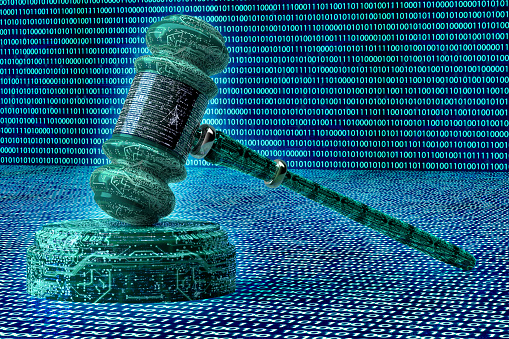This April, Global Affairs Canada (GAC, the foreign ministry) released Canada’s position on the application of international law in cyberspace. Unfortunately, for two reasons, the statement failed to attract the attention it merited. First, Canada released it on the heels of the 2019-21 U.N. Group of Governmental Experts (GGE) Report on State behaviour in cyberspace, to which an exceptionally important compendium containing the views of 15 other nations on the same subject was annexed. Second, and more significantly, it arrived as the international law community’s attention was riveted on Russia’s unlawful attack against Ukraine and the many international humanitarian law (IHL) violations and war crimes that have characterized its “special military operation.” That the Canadian statement did not draw attention is unfortunate, for it sets forth the views of an influential player in the interstate cyber law dialogue, and one that has devoted significant resources to legal capacity-building globally in the field.
In this post, I describe key elements of the Canadian statement, compare it to other States’ positions, and offer my legal assessment of certain positions Canada takes. As will be explained, it is a statement that reflects care in preparation and offers sophisticated legal analysis.
The Role of International Law
Like every other State that has set forth its views on the matter, as well as the U.N. cyber GGEs (2013, 2015, 2021) and the 2019-2021 Open-Ended Working Group, Canada endorses the applicability of international law in cyberspace, noting that it ‘ensure(s) global stability and security’. Yet, Canada goes further than most statements by zeroing in on the challenging international law question – how international law rules apply.
It is uncertainty over this question that is the source of current normative instability in international cyber affairs. Some States and commentators applaud ambiguity as affording them greater flexibility in conducting their own cyber operations and responding to hostile ones. For them, clear rules can act as obstacles to cyber operations they might need to engage in to secure their national interests.
Canada, correctly in my view, takes a different approach. In the statement, it calls on States to ‘develop and publish’ their national views because,
articulation of national positions on how international law applies to State action in cyberspace will increase international dialogue and the development of common understandings and consensus on lawful and acceptable State behaviour. These statements can help reduce the risk of misunderstandings and escalation between States arising from cyber activities. READ MORE

